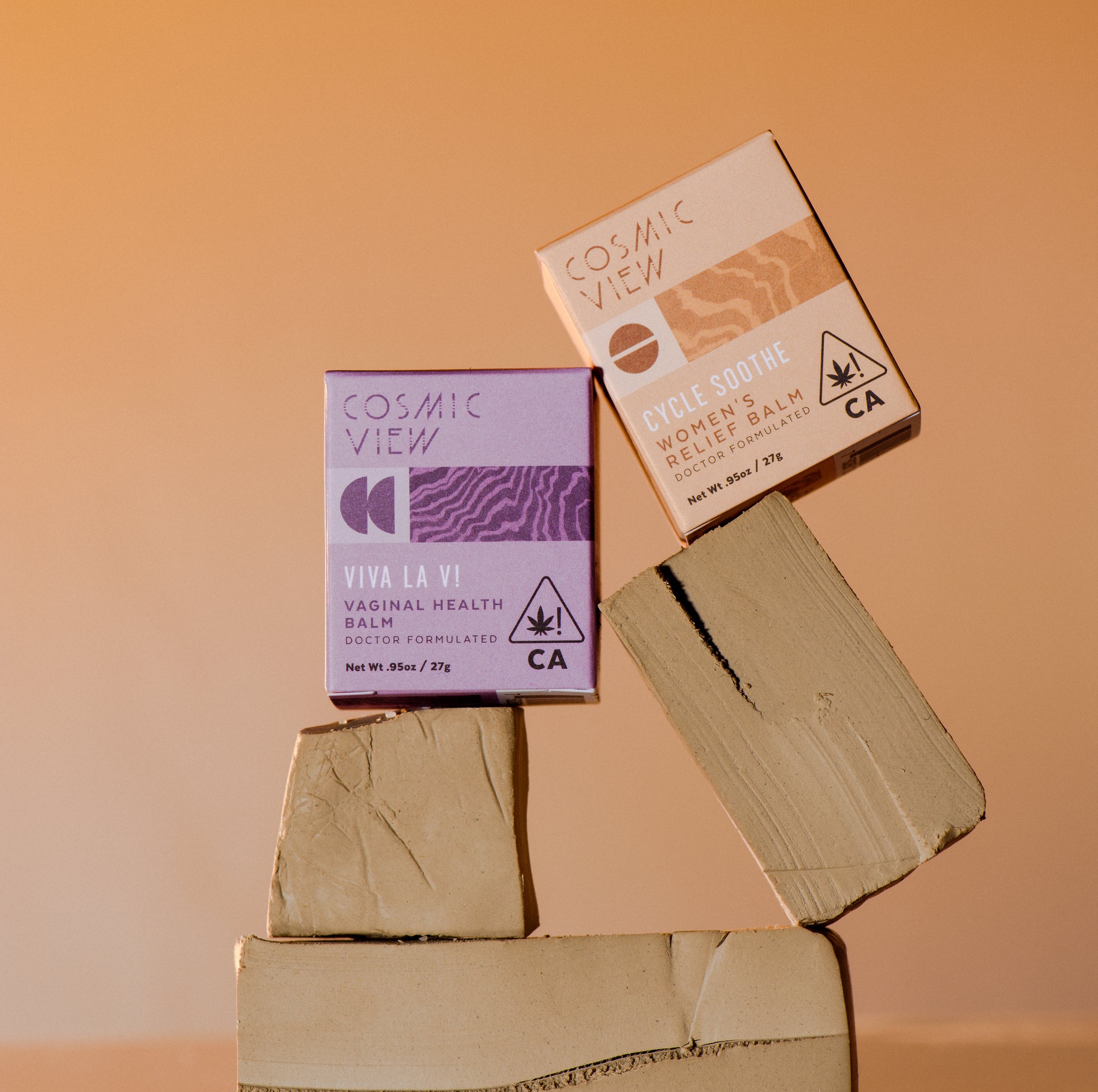

#Cosmic view cycle soothe buy skin
“All skin with eczema has a broken skin moisture barrier so I encourage my patients to look for thicker moisturizing creams, balms, and ointments,” shares Dr. Some people may benefit from steroids or prescription creams, like Eucrisa, while others may just need to change up their skincare routine. Each kind of eczema may benefit from a different treatment, which is why it's important to see your derm to work out a personalized plan if your eczema is severe, unexpected, or doesn't heal within a couple weeks. She seems totallly unaware that ship has already sailed.ĥ/ “Angst music” doesn’t make people happy.Įven that great “angst” philosopher (who that fell for Lou Salome), Nietzsche was a lousy composer.Ħ/ Making great “angst”-woosy music usually is best under the influence of syphilis or dying of TB.īeing as it’s now out of fashion to die of anything but some virus maybe escaping from a scientific experiment, musicians and scientists appear to be totally on the wrong track."There are a lot of different kinds of eczema," explains dermatologist Mona Gohara, M.D., an associate clinical professor at Yale University, who names atopic dermatitis, irritant contact dermatitis, and allergic contact dermatitis as just three examples. “I think”, well obviously you don’t think!Ĥ/ There are already 100s of “artists” already climbing on the climate emergency bandwagon.
#Cosmic view cycle soothe buy professional
“The way scientists talk about climate change is very dry, but climate change is actually a very emotional issue ….These are issues scientists are not well-equipped to discuss, but artists are.”īeing a professional musician myself, I can follow up on 3 points.ġ/ The “music” as such is crap, but who knows (?) shovel fulls of crap sells well.Ģ/ Pseudo scientists as Feynman stated so well, always claim to know better.ģ/ The first 2 words are oxymoron.

“I think it’s incredibly important for artists to be involved in the conversations about these issues because I think one of the problems with climate change as an issue is that people don’t always really understand why it matters for them and for their lives,” Oreskes said” It seems a very post-modernest piece, like one of those poems which don’t have a rhyme. I tried listening to a minute of the new music composition. Elisabet Curbelo González, a University of Utah assistant professor of music and a project director, said Artivism’s intent is to foster an interdisciplinary exploration of the environment and so asked a variety of composers to pair with scientists to create work that ranges from Jackson and Oreskes’ piece on climate denial to collaborations on pollution, melting glaciers, the plight of the world’s whales, and water scarcity, among others. The composition was commissioned for Earth Day by Artivism for Earth, a project of the University of Utah. Jackson’s 15-minute piece, “Doubt,” was written in collaboration with Naomi Oreskes, the Henry Charles Lee Professor of the History of Science whose academic work, including her 2010 book “Merchants of Doubt,” has focused on the denial of climate science.


Jackson, an assistant professor of music at Harvard, recently added her musical voice to efforts to reach those uncertain about global warming despite the scientific consensus that the Earth is warming and its climate is shifting in unpredictable and sometimes destructive ways. To composer Yvette Janine Jackson, it has the low, somber insistence of the bass clarinet, skittering flute that cranks up anxiety, sonorous cello to hold things together, and the deep, doubting rumble of double bass. What does “doubt” sound like? Specifically, scientific doubt, the kind of intentionally seeded, stalling uncertainty that has become an integral - and to many, a frustrating - feature of the debate over climate change. Willie Soon Climate activist Naomi Oreskes now has her own theme song, after the University of Utah commissioned a musician to compose a song about climate denial, to convince people to read “Merchants of Doubt”.ĭoes climate doubt have a sound? At least one composer thinks so


 0 kommentar(er)
0 kommentar(er)
